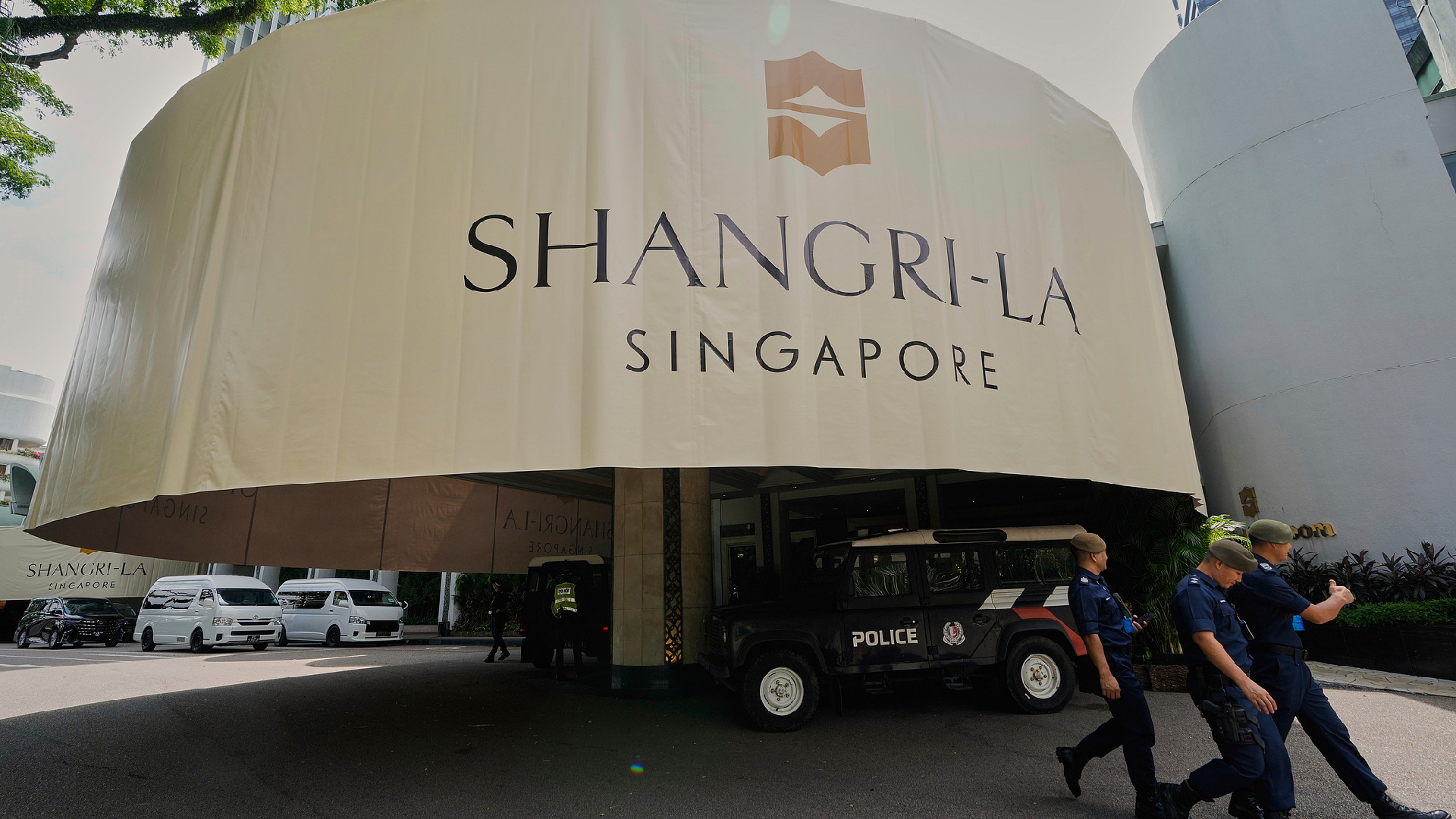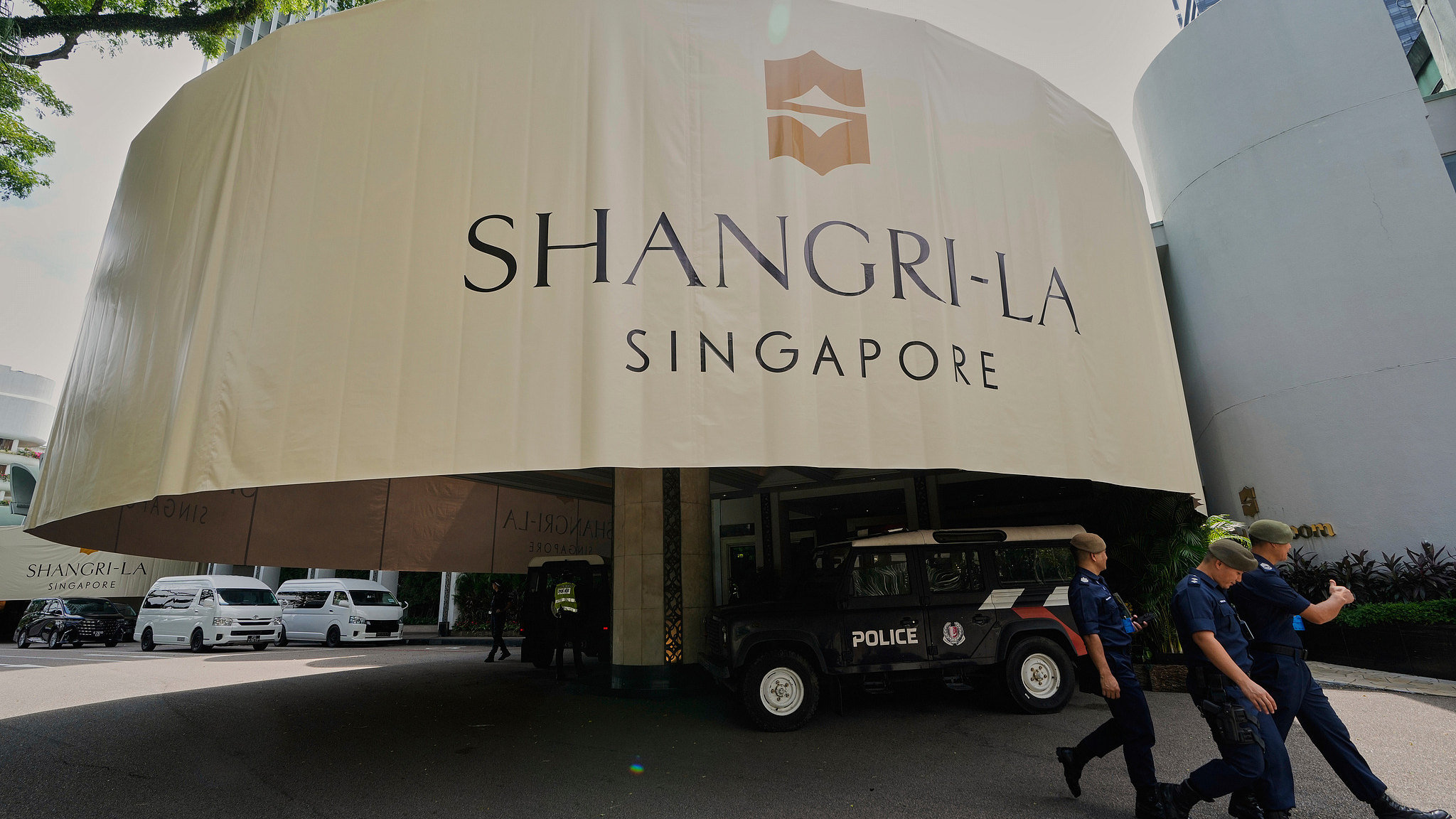Shangri-La Dialogue 2025 Kicks Off in Singapore: Major Defense Leaders Convene for Key Security Discussions
Shangri-La Dialogue 2025 kicks off in Singapore, bringing together global defense leaders to discuss pressing security issues.


The 22nd edition of the Shangri-La Dialogue, widely recognized as Asia’s premier defense and security summit, opened its doors in Singapore on Friday against a backdrop of heightened geopolitical tensions. This year, the summit is drawing significant attention from across the globe, as regional and global powers grapple with an increasingly complex security environment.
According to organizers, the event has attracted representatives from 47 countries, including an impressive roster of 40 ministerial-level delegates, 20 chiefs of defense forces, more than 20 senior defense officials, as well as prominent academics and strategic thinkers. The diversity of participants underscores the summit’s reputation as a critical forum for frank discussions on security challenges facing the Asia-Pacific and beyond.
A notable presence at this year’s dialogue is the Chinese delegation from the National Defense University of the Chinese People's Liberation Army. Their participation comes at a time when regional security dynamics are deeply influenced by the evolving role of China, both as a security actor and economic powerhouse.
In a highly anticipated keynote address on Friday evening, French President Emmanuel Macron emphasized the shared interests of Asia and Europe in safeguarding the rules-based global order. He cautioned against the risk of fragmentation and called for strengthened cooperation to prevent what he described as the "disintegration of the global order." Macron’s remarks were met with considerable interest, reflecting a growing European engagement in Asian security affairs.
On Saturday, all eyes will turn to U.S. Defense Secretary Pete Hegseth, who is expected to outline America’s "new ambitions for Indo-Pacific security." Analysts suggest Hegseth faces the difficult challenge of reassuring allies who remain wary of President Donald Trump’s unpredictable policies, particularly in areas such as trade and military engagement. The sensitivity of these issues is amplified amid ongoing regional disputes and trade tensions.
Adding to the day’s high-profile lineup, Malaysian Prime Minister Anwar Ibrahim is slated to deliver an address highlighting Malaysia’s role as the current ASEAN chair. Anwar is expected to stress the importance of strategic leadership and stability amid an era marked by global geopolitical uncertainties and sharpened geo-economic fault lines. His speech is widely expected to resonate with Southeast Asian nations seeking to navigate an increasingly multipolar world.
Also taking the stage on Saturday will be Kaja Kallas, the EU High Representative for Foreign Affairs and Security Policy, signaling the European Union’s intent to play a more active role in the region’s security landscape.
Key issues on the agenda this year include regional cooperation, U.S. security policy, and the ongoing Russia-Ukraine conflict. In addition, the impact of sweeping U.S. tariffs is expected to be discussed extensively, as countries seek assurances and clarity on the direction of American trade and economic strategy. With multiple flashpoints and shifting alliances, the conference serves as an invaluable opportunity for decision makers to coordinate responses and manage emerging risks.
The dialogue is scheduled to continue through Sunday, offering a packed agenda of panels, bilateral meetings, and behind-the-scenes negotiations as officials strive to chart a course through today’s turbulent security terrain.




